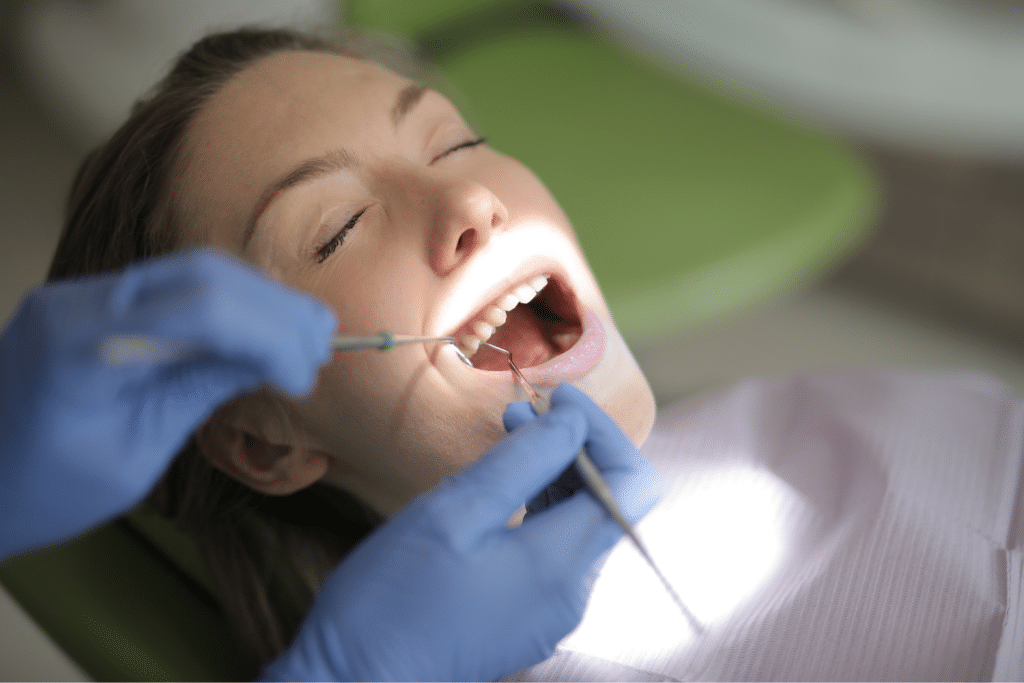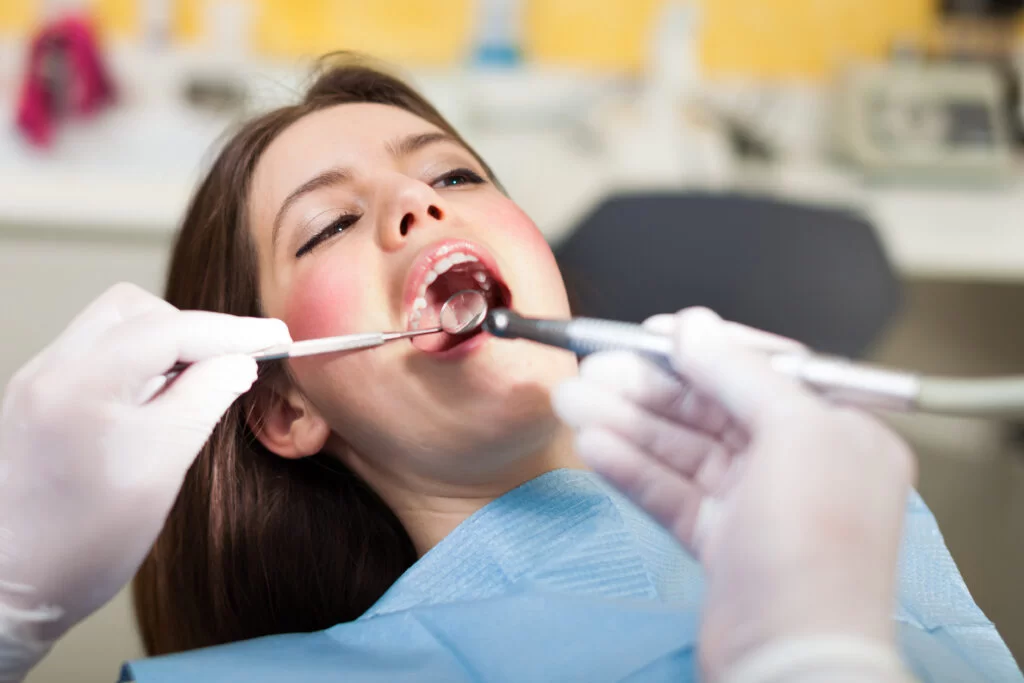Welcome to our comprehensive how-to guide on essential dental care tips. Maintaining a healthy and bright smile is not just about looking good; it’s vital for overall health as well. Dental health can impact everything from digestion to disease prevention, making proper care crucial.
This post will explore five critical components of dental hygiene that you can incorporate into your daily routine. Each section will provide actionable advice to help you maintain optimal dental health, ensuring that your teeth and gums stay in excellent condition for years to come.
Brushing Techniques
Effective brushing is the cornerstone of good oral hygiene. It is recommended to brush at least twice a day using fluoride toothpaste. Always use a soft-bristled toothbrush to avoid damaging gum tissue and change it every three months or sooner if the bristles are frayed. Technique matters: hold your brush at a 45-degree angle to your gums and use a gentle circular motion to clean each tooth thoroughly. Cover all surfaces of each tooth, and don’t forget about the back teeth which are prone to plaque buildup.
In addition to regular brushing, consider integrating Professional Dental Care in Santee into your oral health regime for check-ups and professional cleanings. These visits are crucial for identifying early signs of issues such as cavities or gum disease.

Flossing Daily
Even with rigorous brushing, there are areas between your teeth that a toothbrush simply cannot reach. This is where flossing comes in; it removes food particles and plaque accumulated in these hard-to-reach spaces. Floss at least once a day, preferably before bedtime, to ensure your teeth are thoroughly clean. Wrap about 18 inches of floss around your fingers and gently slide it up and down between each tooth, curving it around the base of each tooth to reach just under the gumline.
Remember that proper technique is vital to avoid harming your gums—be gentle and take your time. Consistent flossing not only prevents tooth decay but also keeps periodontal diseases at bay.
Regular Dental Visits
Maintaining regular dental appointments every six months is crucial for early detection and treatment of oral health issues. During these visits, dentists not only provide professional cleanings but also perform comprehensive exams that can detect problems like cavities, gum disease, and even oral cancer. These bi-annual check-ups help prevent the development of more serious conditions that could require complex treatments.
Moreover, building a rapport with your dentist means personalized care tailored to your specific needs, enhancing your overall dental health strategy.
Dietary Choices
Your diet plays a significant role in the health of your teeth and gums. Foods high in sugars and carbohydrates feed the bacteria in plaque that produce harmful acids, attacking tooth enamel and leading to cavities. Try to limit sugary snacks and drinks, and instead opt for nutritious choices like fresh fruits, vegetables, nuts, and cheese which can help neutralize acids and strengthen tooth enamel.
Moreover, staying hydrated by drinking plenty of water throughout the day aids in producing saliva which naturally cleanses the mouth, reducing plaque buildup.
Avoidance of Harmful Habits
Certain habits can adversely affect your dental health. Smoking or using tobacco products can stain your teeth, cause gum disease or worse—oral cancer. Similarly, consuming alcoholic drinks excessively can lead to dry mouth symptoms that may increase the risk of decay since saliva production is decreased—not to mention other detrimental effects on the mouth’s soft tissues.
Limiting these behaviors can substantially improve oral health outcomes and enhances the effectiveness of daily dental practices you already follow.
To conclude, prioritizing dental health through effective daily practices supports not only a brilliant smile but aids significantly in maintaining overall wellness. Embrace these five aspects—brushing correctly, flossing regularly, visiting dentists semi-annually, making smart dietary choices, and avoiding harmful habits—as foundational strategies for optimal dental care.
Remember those professional visits! Their frequency can make a big difference in prevention and early treatment—which means healthier smiles all year round.




